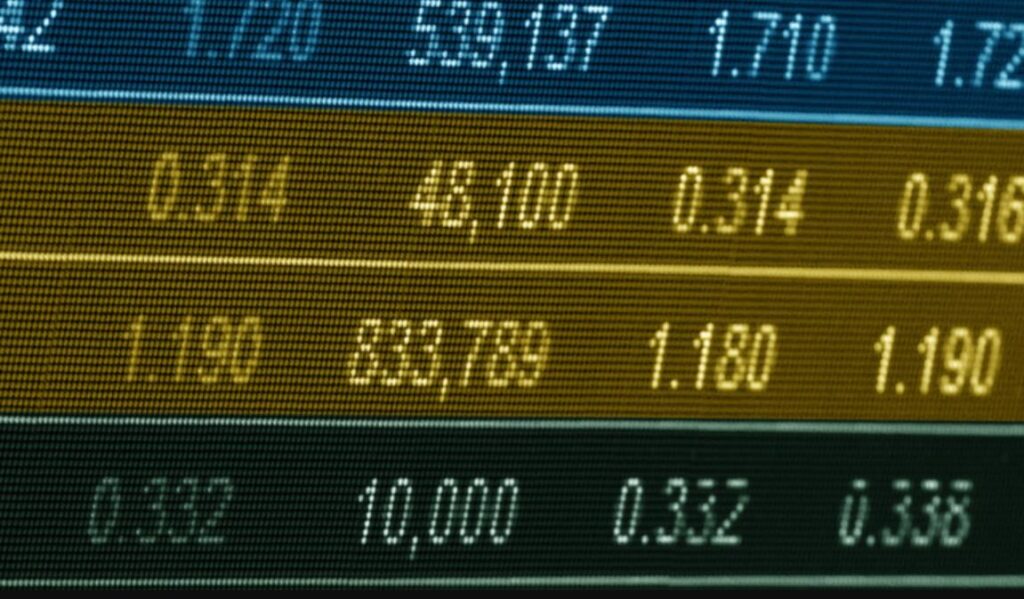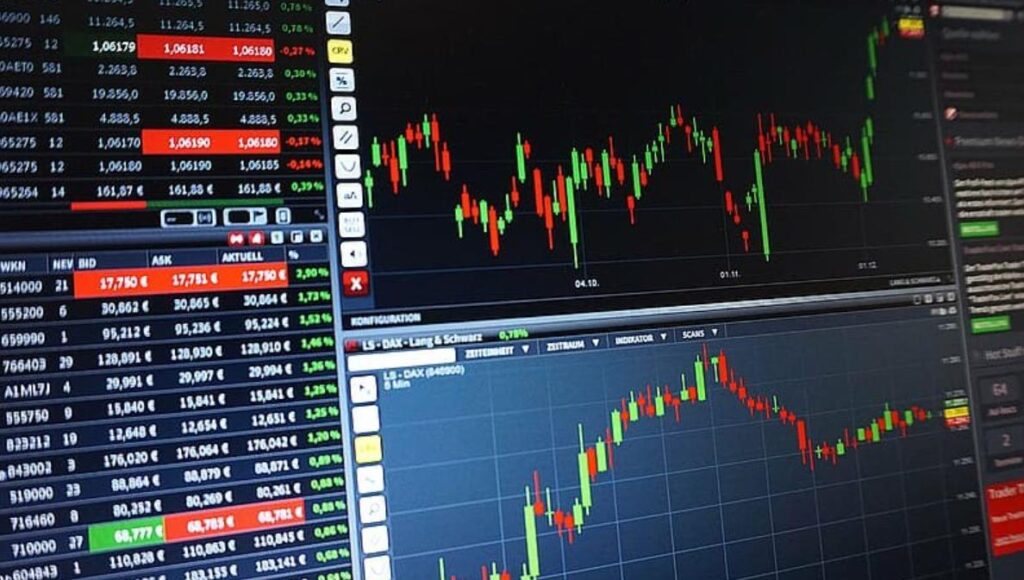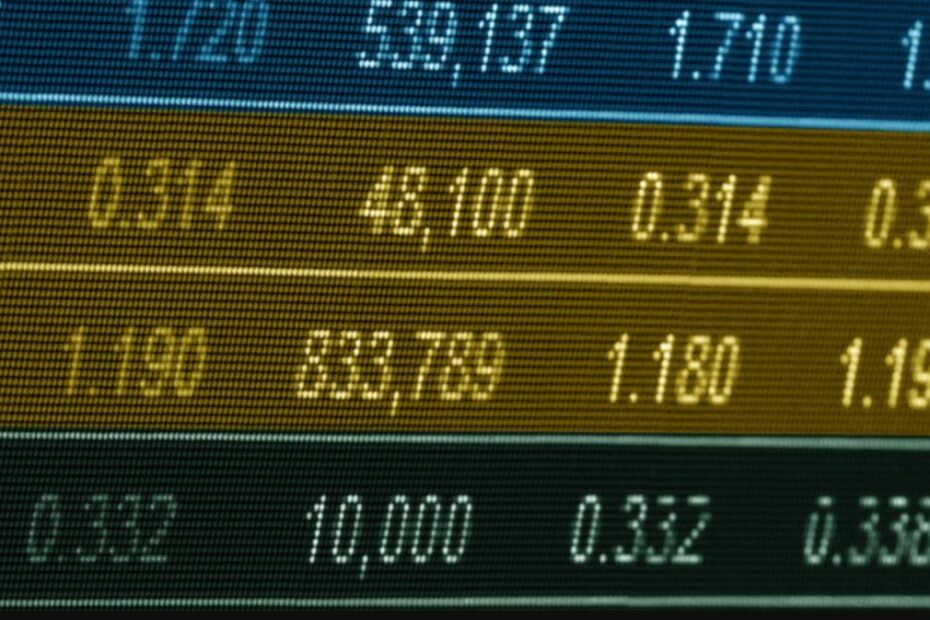Investing in the stock market is a proven way to grow your wealth over time. Do you know How To Invest In Rwanda Stock Exchange? is a topic that has gained significant interest among both local and international investors. In this article, we will guide you through the essential steps to get you started with investing in the RSE.
How To Invest In Rwanda Stock Exchange?
Investing in the Rwanda Stock Exchange is a straightforward process. You need to open a Central Securities Depository (CSD) account, choose a licensed broker, and start trading. The RSE offers a variety of investment options, including equities and bonds.

Step 1: Educate Yourself
- What to Do: Before you start investing, it’s crucial to understand the basics of stock markets, different types of securities like stocks and bonds, and how they work.
- Why It’s Important: Education will help you make informed decisions and reduce the risk of making costly mistakes.
Step 2: Determine Your Investment Goals
- What to Do: Identify your financial objectives. Are you investing for long-term growth, retirement, or short-term gains?
- Why It’s Important: Your investment goals will dictate your investment strategy, including the types of securities you should focus on.
Step 3: Open a Central Securities Depository (CSD) Account
- What to Do: Visit the Rwanda Stock Exchange or a licensed broker to open a CSD account. You’ll need identification and other required documents.
- Why It’s Important: A CSD account is necessary for holding and trading securities in the RSE.
Step 4: Choose a Licensed Broker
- What to Do: Select a broker licensed by the Rwanda Stock Exchange to handle your transactions.
- Why It’s Important: Brokers are the intermediaries between you and the stock market. They execute buy and sell orders on your behalf.
Step 5: Conduct Research
- What to Do: Research the companies listed on the RSE, market trends, and other investment options like bonds.
- Why It’s Important: Research helps you identify the best investment opportunities and minimizes risks.
Step 6: Place an Order
- What to Do: Once you’ve decided on the securities you want to invest in, place an order through your broker.
- Why It’s Important: Placing an order is the actual step where you buy or sell securities. Make sure to confirm all details before executing the trade.
Step 7: Monitor Your Investments
- What to Do: Regularly check the performance of your investments. Use financial news, RSE updates, and your brokerage account for this.
- Why It’s Important: Monitoring helps you know when to sell, hold, or buy more of a particular security.
Step 8: Review and Adjust
- What to Do: Periodically review your investment strategy and portfolio. Make adjustments based on performance and changes in your financial goals.
- Why It’s Important: Markets are dynamic. Regular reviews help you adapt to changes and optimize returns.
Step 9: Know When and How to Exit
- What to Do: Have an exit strategy in place. Know when to sell off your investments, either to cut losses or to cash in on gains.
- Why It’s Important: An exit strategy helps you conclude your investment journey in a planned manner, ensuring that you meet your financial objectives.
Advanced Guide to Investing in the Rwanda Stock Exchange

Tax Implications
Understanding the tax implications is crucial when investing in any stock exchange, including the Rwanda Stock Exchange.
Capital Gains Tax
- Taxed at a rate of 5% for residents and 15% for non-residents.
Dividend Tax
- A withholding tax of 15% is applicable on dividends.
Market Trends
Staying updated with market trends is essential for making informed investment decisions.
Sources for Market Information
- Financial News Websites
- Rwanda Stock Exchange’s official website
- Brokerage Reports
Diversification
Diversification is the key to mitigating risks in your investment portfolio.
Types of Diversification
- Asset Class
- Industry
- Geography
Long-term vs Short-term
Different investment horizons require different strategies.
Long-term Investment
- Suited for retirement savings and wealth accumulation.
Short-term Investment
- Suitable for earning quick profits but comes with higher risks.
Technology and Tools
Leverage technology to make better investment decisions.
Investment Apps
- Stock tracking apps
- Portfolio management apps
Online Brokerage Platforms
- Features like real-time tracking, market analysis, etc.
Buying and selling shares on the Rwanda Stock Exchange (RSE) is a structured process that involves several key steps:

- Open an Investment Account: The first step is to open an investment account with a licensed stockbroker. This account is essential for trading in securities. To open this account, you’ll need to provide two recent passport photos and a copy of your ID card.
- Central Securities Depository (CSD) Account: Alongside the investment account, your stockbroker will also open a CSD account for you. This account will hold your shares and bonds electronically.
- Placing Orders: To buy or sell shares, you’ll need to discuss your investment options with your stockbroker. Once you’ve made a decision, you must provide written instructions to your stockbroker to execute the trade.
- Transaction Execution: Your stockbroker will then execute the trade on your behalf, and the shares or bonds will be transferred to or from your CSD account electronically.
- Commission: Stockbrokers charge a commission for their services, which will be deducted from your account.
How Does The Rwanda Stock Exchange (RSE) Operate?
The Rwanda Stock Exchange operates as a platform where various types of securities, such as shares and bonds, are traded. It functions through two main markets:

- Primary Market: This is where companies offer their shares to the public for the first time through Initial Public Offerings (IPOs). After the shares have been allocated to subscribers, the company gets listed on the RSE.
- Secondary Market: This is the market where already existing shares and bonds are traded. All transactions in the secondary market are conducted through licensed stockbrokers who are members of the RSE.
- Trading Hours: The RSE operates formal trading hours, and an open outcry trading session is conducted at the trading floor during these hours.
- Regulation: The RSE is regulated by the Capital Market Authority (CMA), ensuring that all activities are conducted in a fair and transparent manner.
- Licensing: All stockbrokers operating on the RSE are licensed by the Capital Market Authority, ensuring credibility and security for investors.
Conclusion
Investing in the Rwanda Stock Exchange can be a rewarding experience if done right. It offers various investment options and operates under a robust regulatory framework. However, like any investment, it comes with risks that you should understand and mitigate. Always conduct thorough research and consult professionals before making any investment decisions.
Frequently Asked Questions
What are the tax implications for investing in the Rwanda Stock Exchange?
Investors should be aware of two primary types of taxes when investing in the Rwanda Stock Exchange: Capital Gains Tax and Dividend Tax. Capital gains are taxed at a rate of 5% for residents and 15% for non-residents.
Dividends are subject to a withholding tax of 15%. Understanding the tax structure is crucial as it directly impacts your net returns. It’s advisable to consult a tax advisor to navigate the tax implications efficiently.
How can I stay updated with market trends?
Staying abreast of market trends is essential for making informed investment decisions. Investors can rely on various sources for market information, such as financial news websites, the Rwanda Stock Exchange’s (RSE) official website, and brokerage reports. Some platforms also offer real-time tracking and market analysis features that can be extremely beneficial.
What is the importance of diversification in my investment portfolio?
Diversification is a risk management strategy that involves spreading your investments across various asset classes, industries, and geographies. It helps in mitigating risks and provides a safety net against market volatility. For instance, if one sector is performing poorly, your investments in other sectors may offset the losses.
What are the different strategies for long-term and short-term investments?
Long-term investments are generally suited for retirement savings and wealth accumulation. They are less risky and provide a more stable return over time. Short-term investments are more volatile and are suitable for earning quick profits. However, they come with higher risks and require a more hands-on approach for constant monitoring.
How can technology aid in making better investment decisions?
Technology plays a significant role in modern-day investing. Various investment apps and online brokerage platforms offer features like real-time tracking, market analysis, and portfolio management. These tools can significantly enhance your ability to make informed decisions and manage your investments efficiently.
A multifaceted professional, Muhammad Daim seamlessly blends his expertise as an accountant at a local agency with his prowess in digital marketing. With a keen eye for financial details and a modern approach to online strategies, Daim offers invaluable financial advice rooted in years of experience. His unique combination of skills positions him at the intersection of traditional finance and the evolving digital landscape, making him a sought-after expert in both domains. Whether it’s navigating the intricacies of financial statements or crafting impactful digital marketing campaigns, Daim’s holistic approach ensures that his clients receive comprehensive solutions tailored to their needs.









